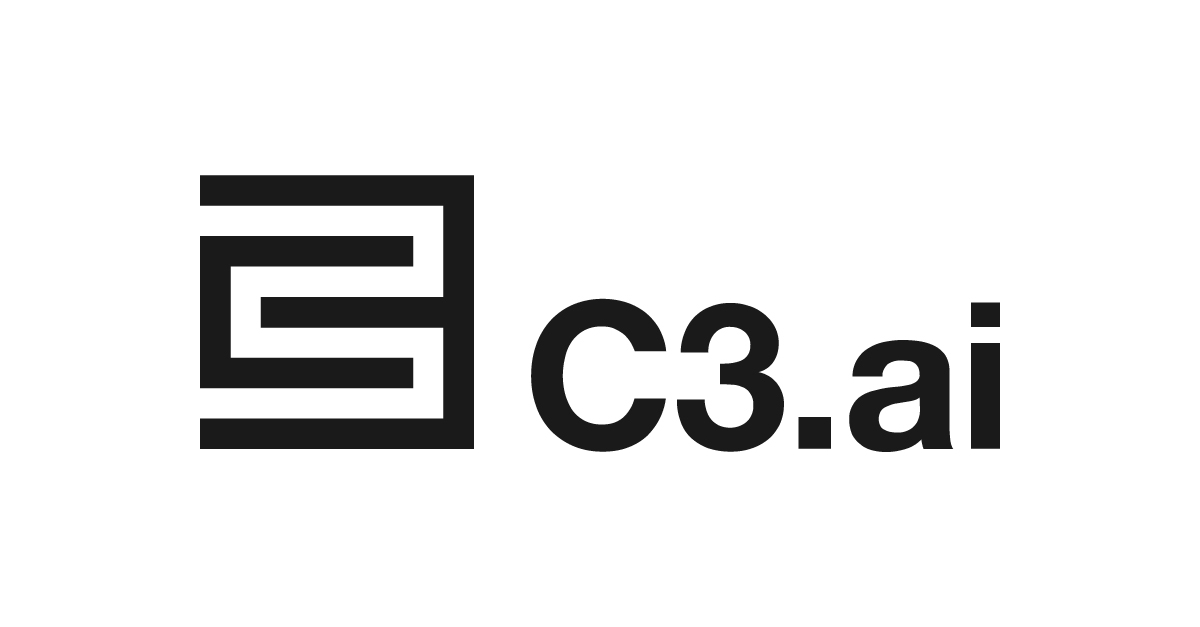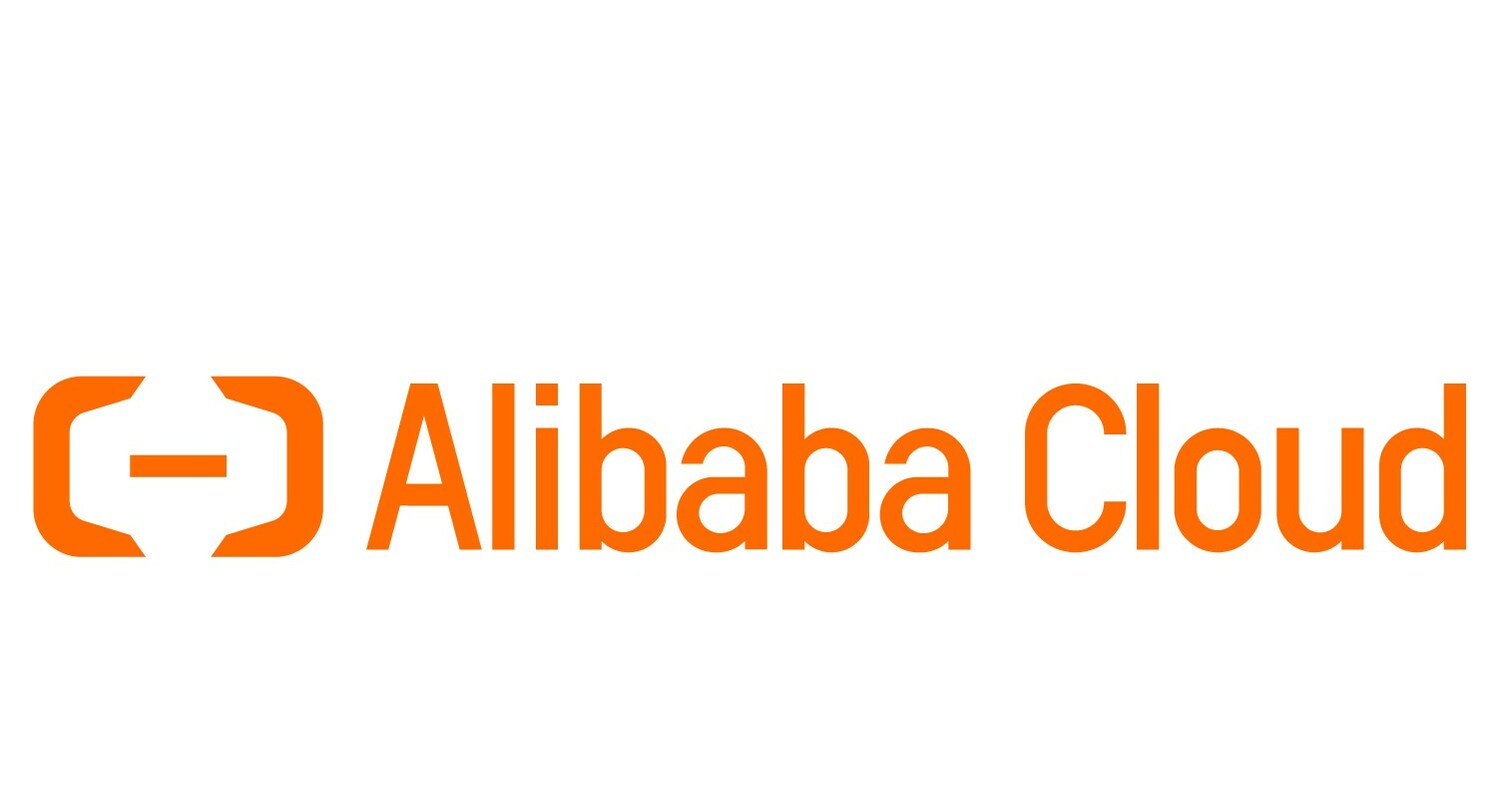Artificial Intelligence (AI) is rapidly reshaping the business landscape, driving efficiency, automation, and data-driven decision-making across industries. As enterprises seek to leverage AI for competitive advantage, selecting the right AI platform becomes crucial. In this blog, we explore the top AI platforms that are revolutionizing enterprise operations in 2025.
From automation and predictive analytics to enhanced customer experiences, these AI solutions empower businesses to stay ahead in the digital era. This blog will cover what AI platforms are, the leading options, their benefits, challenges, and how to choose the best one for your business.
1. What is an Artificial Intelligence Platform?
An Artificial Intelligence (AI) platform is a suite of tools and technologies that enable businesses to develop, deploy, and manage AI-powered applications. These platforms integrate machine learning (ML), deep learning, natural language processing (NLP), and other AI capabilities to enhance business operations, automate tasks, and drive intelligent decision-making.
AI platforms provide pre-built models, APIs, and cloud-based infrastructure, making it easier for enterprises to implement AI without requiring extensive in-house expertise. With the rapid advancement of AI technology, businesses can leverage these platforms to improve efficiency, customer experiences, and overall productivity.
2. Top 12 AI Platforms for Enterprises in 2025
As we step into 2025, enterprises need robust AI platforms to stay ahead of the competition. Below are the top 12 AI platforms that businesses should consider, along with their key features and advantages.
2.1. Google Cloud AI
Google Cloud AI provides a powerful suite of AI and machine learning tools, including AutoML, TensorFlow, and Vertex AI. These tools help businesses automate workflows, build custom models, and deploy scalable AI solutions with minimal coding. Google’s AI solutions are widely used for natural language processing (NLP), image recognition, and predictive analytics.
Key Features:
- AutoML for no-code AI model creation
- Vertex AI for end-to-end machine learning operations
- Pre-trained models for NLP and vision tasks
2.2. Microsoft Azure AI
Azure AI offers an enterprise-grade AI ecosystem that includes Azure Machine Learning, Azure Cognitive Services, and AI-powered chatbots. Microsoft’s AI platform is designed for businesses looking to integrate AI into their cloud services, automate processes, and improve customer interactions.

Key Features:
- AI-driven chatbots and virtual assistants
- Computer vision and speech recognition APIs
- Enterprise-grade AI security and compliance
2.3. IBM Watson
IBM Watson is a pioneer in AI-driven business intelligence, offering advanced natural language processing, predictive analytics, and automated AI workflows. It is widely used in industries such as healthcare, finance, and customer support for intelligent decision-making.

Key Features:
- AI-powered data analytics and insights
- Conversational AI and chatbot integration
- Industry-specific AI solutions (e.g., Watson Health)
2.4. Amazon AWS AI
Amazon AWS AI provides a robust suite of AI and machine learning services, including Amazon SageMaker, AWS Lambda, and Amazon Rekognition. It is ideal for businesses that require scalable AI solutions for cloud computing, big data processing, and real-time analytics.
Key Features:
- Scalable AI model training and deployment
- AI-powered image and video analysis
- Custom AI applications via AWS Lambda
2.5. NVIDIA AI Enterprise
NVIDIA AI Enterprise is designed for high-performance computing and AI-powered automation. It offers tools optimized for deep learning, AI research, and enterprise-grade AI infrastructure.
![]()
Key Features:
- AI-driven GPU acceleration
- Enterprise-grade AI software suite
- Optimized AI solutions for edge computing
2.6. DataRobot
DataRobot automates the process of machine learning and AI model deployment, allowing enterprises to build, test, and deploy predictive models faster. It is widely used in industries like finance, healthcare, and retail.
Key Features:
- AutoML for fast AI model creation
- Predictive analytics for data-driven insights
- AI model governance and security tools
2.7. Hugging Face
Hugging Face has become the go-to platform for NLP and transformer-based AI models. It provides pre-trained AI models and an easy-to-use interface for developers to build AI applications.

Key Features:
- State-of-the-art NLP models
- Open-source AI tools and datasets
- Seamless integration with machine learning frameworks
2.8. OpenAI API (GPT-4 and Beyond)
OpenAI’s GPT-4 and upcoming models provide cutting-edge generative AI capabilities, enabling businesses to enhance customer service, automate content generation, and streamline workflows.
Key Features:
- Advanced text generation and summarization
- AI-driven automation for business processes
- Custom AI model fine-tuning options
2.9. C3 AI
C3 AI specializes in AI-powered enterprise applications, focusing on predictive analytics, industrial automation, and AI-driven optimization for business operations.

Key Features:
- AI-powered enterprise analytics
- Industry-specific AI applications (e.g., manufacturing, oil & gas)
- Scalable AI-driven automation
2.10. H2O.ai
H2O.ai is an open-source AI platform known for its AutoML capabilities, allowing businesses to deploy AI solutions without requiring extensive expertise in data science.

Key Features:
- Open-source AI and machine learning models
- Automated AI-driven decision-making
- AI-driven fraud detection and risk assessment
2.11. Alibaba Cloud AI
Alibaba Cloud AI is a leading AI platform for businesses in Asia, providing cloud-based AI tools for e-commerce, automation, and big data processing.

Key Features:
- AI-driven recommendation engines for e-commerce
- Cloud-based AI development tools
- AI-powered voice and image recognition
2.12. SAP AI
SAP AI integrates AI into enterprise resource planning (ERP) systems, helping businesses enhance automation, optimize supply chains, and improve business decision-making.
Key Features:
- AI-powered ERP solutions
- Automated business process intelligence
- AI-driven analytics and forecasting
Read more: Top 10 Generative AI Education Tools in 2025
3. Benefits of Using AI Platforms
Enterprises leveraging AI platforms can experience numerous advantages, including:
- Operational Efficiency – By automating repetitive tasks, AI frees up valuable time, allowing employees to focus on strategic initiatives.
- Data-Driven Decision-Making – AI processes large volumes of data to deliver insights, enabling better strategic decisions.
- Enhanced Customer Experience – AI personalizes interactions, improves response times, and enhances customer satisfaction.
- Cost Reduction – Automation and predictive analytics help cut operational costs and minimize errors.
- Scalability – AI platforms grow with your business, supporting increasing data and computational demands.
- Security & Risk Management – AI strengthens cybersecurity by detecting threats and preventing fraud in real time.
By integrating AI into their operations, enterprises can drive innovation, optimize performance, and achieve sustainable growth.
4. What are the Potential Challenges of AI Platforms?
While AI platforms offer significant advantages, businesses must navigate several challenges to ensure successful implementation.
- High Implementation Costs – Deploying AI solutions requires a substantial investment in infrastructure, software, and skilled personnel. Without proper financial planning, these costs can become a burden, particularly for smaller enterprises.
- Data Privacy & Security Risks – AI processes vast amounts of sensitive data, making it a target for cyber threats. Ensuring compliance with data protection regulations and implementing strong security protocols is crucial to prevent breaches and misuse.
- Integration Complexity – Many enterprises struggle with integrating AI platforms into existing IT infrastructure. Legacy systems may require extensive modifications or replacements to work seamlessly with modern AI technologies.
- AI Bias & Ethical Concerns – AI models can develop biases based on their training data, leading to unfair outcomes. Enterprises must establish transparent AI governance policies to mitigate bias and ensure ethical AI use.
- Lack of Skilled Talent – AI requires specialized expertise in data science, machine learning, and software engineering. The shortage of skilled professionals makes it challenging for businesses to fully leverage AI capabilities without investing in training or external partnerships.
5. How to Choose the Best AI Platform for Business
Selecting the right AI platform requires careful consideration of business needs, technical requirements, and long-term goals. Here’s a structured approach to making the best choice:
- Define Business Objectives – Identify specific use cases for AI within your organization, such as automation, data analysis, or customer engagement.
- Assess Compatibility – Ensure the AI platform integrates seamlessly with your existing infrastructure, including cloud services, databases, and business applications.
- Evaluate Scalability – Choose a platform that can grow with your business needs, supporting increasing workloads and expanding functionalities.
- Consider Cost & ROI – Analyze the pricing structure, including licensing fees, maintenance costs, and potential return on investment.
- Check Security & Compliance – Ensure the platform adheres to industry regulations, such as GDPR, HIPAA, or ISO security standards, to protect sensitive data.
- Analyze AI Capabilities – Look for platforms that offer advanced features such as natural language processing, computer vision, and predictive analytics tailored to your industry.
- Review Vendor Support & Documentation – Strong customer support, comprehensive documentation, and training resources can enhance implementation and troubleshooting processes.
- Test with a Pilot Project – Before full deployment, run a pilot test to evaluate the platform’s performance, ease of use, and effectiveness in achieving business goals.
Final Thoughts
AI platforms are revolutionizing enterprise operations, enabling automation, data-driven insights, and enhanced customer engagement. The top 12 AI platforms for enterprises in 2025 offer diverse capabilities, allowing businesses to leverage machine learning, predictive analytics, and NLP to stay ahead in a competitive market.
At Sphinx JSC, we specialize in AI development and implementation, helping businesses harness the power of AI for growth and efficiency. Whether you need custom AI solutions, seamless integration, or expert guidance, our team is here to support your AI journey. Reach out to Sphinx JSC today and let’s discuss how AI can revolutionize your business operations.




CEO - Son Le
OTHER BLOGS
Blogs
Top 15 HRM Software for Effective HR Management 2026
In 2026, Human Resource Management expands beyond payroll processing and employee record keeping to play a strategic role in business growth. Modern HR teams are expected to drive talent strategy, enhance employee experience, ensure regulatory compliance, and deliver workforce insights that directly support business growth. As organizations become more digital...
Read MoreBlogs
AI Automation: How It Works, Benefits, and Best Practices
As organizations face increasing operational complexity, traditional automation alone is no longer sufficient to sustain efficiency and competitiveness. Businesses today require systems that not only execute predefined tasks but also learn, adapt, and make intelligent decisions. This shift has positioned AI Automation as a transformative force, enabling enterprises to automate...
Read MoreBlogs
App Design for 2026: Trends, Techniques, and Tools
As digital products become more deeply embedded in everyday life and enterprise operations, app design in 2026 is no longer about visual appeal alone. It is a strategic discipline that combines user psychology, business objectives, platform capabilities, and emerging technologies. Modern app design must anticipate user intent, adapt to contextual...
Read MoreOTHER BLOGS
Our Sevices
IoT Development
SphinX offers cutting-edge IoT development services, seamlessly connecting devices and providing innovative solutions for a...
Xem thêmOur Sevices
Blockchain Development
We are highly proficient in engineering reliable and secure blockchain technologies from the ground up,...
Xem thêmOur Sevices
ERP & CRM Development
ERP & CRM development services that you need! Streamline business processes and enhance organizational efficiency....
Xem thêmOTHER BLOGS
Our Sevices
IoT Development
SphinX offers cutting-edge IoT development services, seamlessly connecting devices and providing innovative solutions for a...
Xem thêmOur Sevices
Blockchain Development
We are highly proficient in engineering reliable and secure blockchain technologies from the ground up,...
Xem thêmOur Sevices
ERP & CRM Development
ERP & CRM development services that you need! Streamline business processes and enhance organizational efficiency....
Xem thêm